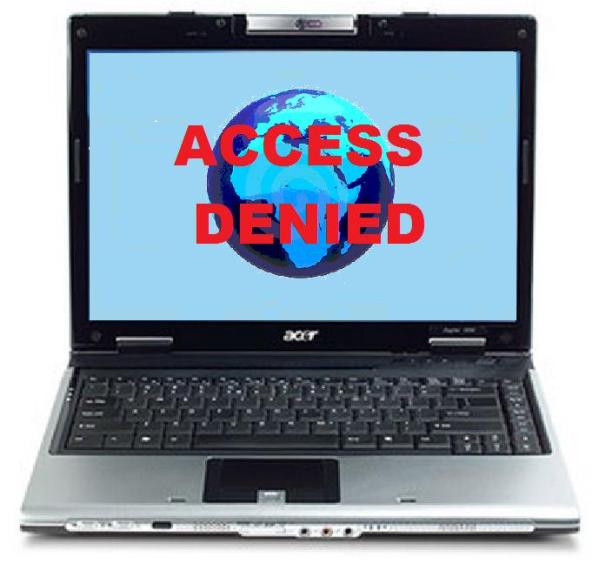Stop Online Piracy Act (SOPA) and PROTECT IP Act (PIPA) are two acts that were proposed in the United States Congress as an attempt to fight online piracy. Because of their ruthless nature, the acts met with a lot of backlash from now only Web 2.0 companies but also many ordinary Americans. This backlash eventually convince Congress to not pass the acts, and the acts have since been forgotten (for the most part). And the chairman of Motion Picture Association of America (MPAA) agrees.
This past Tuesday former US Senator Christopher Dodd, now chairman of the MPAA, made comments in regards to SOPA and PIPA:
My own view, that legislation is gone. It’s over. It’s not coming back. These bills are dead. They are not coming back
Dodd also let it be known he felt public protest against SOPA and PIPA “was over the top”.
Aside from basking in what could have been, Dodd was sure to mention that anti-piracy cooperation between ISPs and the entertainment industry is moving forward and here to stay. You know, the cooperation that will lead to the disruption of internet access (e.g. throttling the speed of a connection, completely shutting down internet access, or redirection to pages that inform users about piracy) for anyone that has been found to pirate content more than four times. Dodd says these anti-piracy measures are set to begin by the end of the year and he feels the measures are “educational” more than anything else.
If you are curious as to how ISPs will learn that their subscribers are pirating, Dodd provides wisdom on that, too. According to Dodd, ISPs won’t be “backdooring” anything. Rather, ISPs will be informed of infringing customers due to the harvesting of IP addresses from peer-to-peer programs. (Remember that article on how IP addresses are recorded within three hours of pirating something?) This seems to indicate that ISPs won’t directly be monitoring user traffic in search for pirating activities, although Dodd didn’t explicitly say this.
Dum, dum, dum.
[via Wired | image via Mike Licht]

 Email article
Email article




